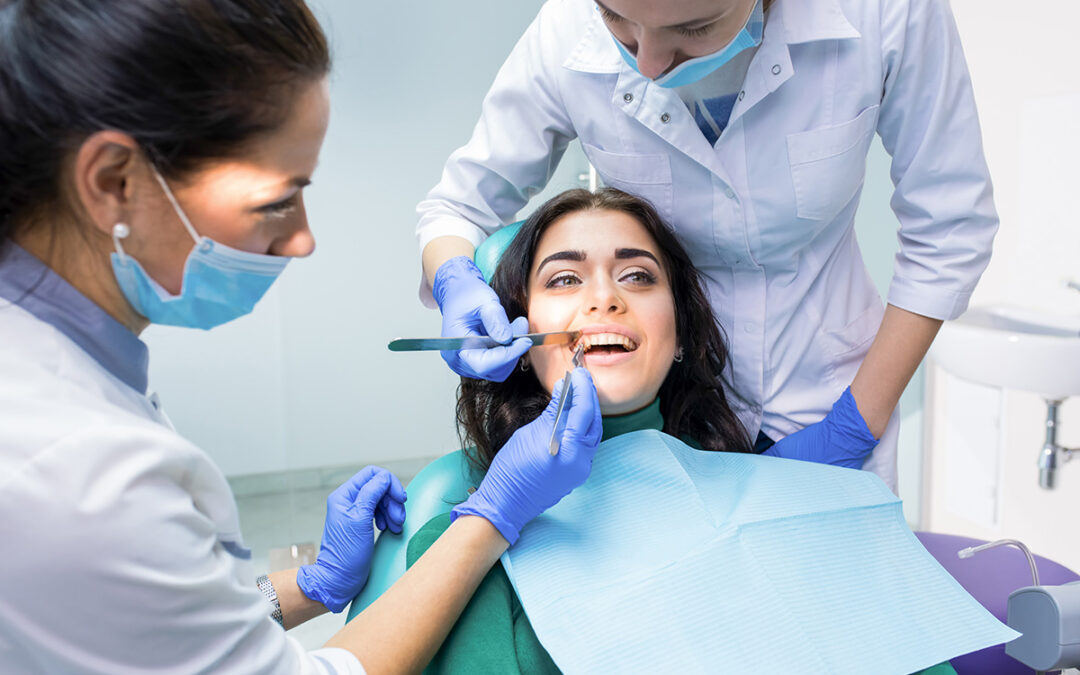In addition to regular brushing and flossing, maintaining a balanced diet plays a crucial role in your dental health. Consuming a variety of fruits, vegetables, whole grains, and lean proteins can provide the necessary vitamins and minerals that support strong teeth and gums. Additionally, limiting sugary and acidic foods and beverages is vital since these can contribute to tooth decay and erosion of enamel.
When you do indulge in treats, try to do so in moderation and remember to brush your teeth afterward, if possible. Staying hydrated by drinking plenty of water is also essential; it not only helps rinse away food particles but also keeps your mouth moist, which is necessary for optimal oral health. By making smarter food choices and being mindful of your diet, you can promote healthier teeth and a brighter smile.
Regular dental check-ups are an indispensable part of maintaining a bright smile. Visiting your dentist at least twice a year allows for professional cleanings that help remove stubborn tartar build-up and identify potential dental problems before they become serious issues. Your dentist can also provide personalized advice on your oral care routine and recommend products that are best suited for your specific needs.
Beyond just cleanings, these visits typically involve an examination of your teeth and gums, screening for cavities, gum disease, and checking for any signs of oral cancer. If you have any concerns, such as sensitivity or pain, don’t hesitate to bring them up during your appointment. Early intervention can save you time, stress, and money in the long run, ensuring that your dental health remains in top shape. By prioritizing regular visits to the dentist, you're committing to a brighter, healthier smile that lasts a lifetime.
Another essential practice for a brighter smile is using mouthwash regularly. Mouthwash can help kill bacteria that cause bad breath and plaque buildup, giving your mouth a fresh feel and a clean slate. Look for an alcohol-free mouthwash with antibacterial properties. Using mouthwash after brushing and flossing can enhance your oral hygiene routine by reaching areas that your toothbrush may have missed.
Additionally, mouthwash can help prevent gum disease and cavities by providing an extra layer of protection for your teeth. If you wear braces or have other dental appliances, a specialized mouthwash may be beneficial in helping to keep your mouth clean. Just remember that mouthwash should not replace brushing or flossing, but serve as a supplemental tool in your daily dental care routine. By incorporating mouthwash into your oral hygiene regimen, you’ll take a significant step towards achieving that bright smile you desire.
Finally, consider protective oral care habits like using a mouthguard if you play contact sports or grind your teeth at night. A mouthguard can shield your teeth from injuries or damage caused by situations including sports mishaps or nocturnal bruxism, where individuals clench or grind their teeth unconsciously while sleeping. There are custom-fit mouthguards available through dental professionals or ready-to-wear options at stores, both of which can offer protection.
Neglecting to protect your teeth can lead to an increased risk of chips, fractures, or even tooth loss, which can have long-lasting effects on your smile. Additionally, it’s helpful to quit smoking, as tobacco stains can mar the brightness of your teeth and lead to more severe health issues such as gum disease and oral cancer. By adopting protective practices and steering clear of habits that stain or damage your teeth, you stand a better chance at maintaining a radiant smile for years to come.


Add your comment
Services
Usefull Links
Recent Post
How to Establish an Effective Skin Care Routine
How to Achieve Sustainable Weight Loss Goals
5 Hair Care Mistakes to Avoid for Gorgeous Locks
7 Dental Care Practices for a Brighter Smile